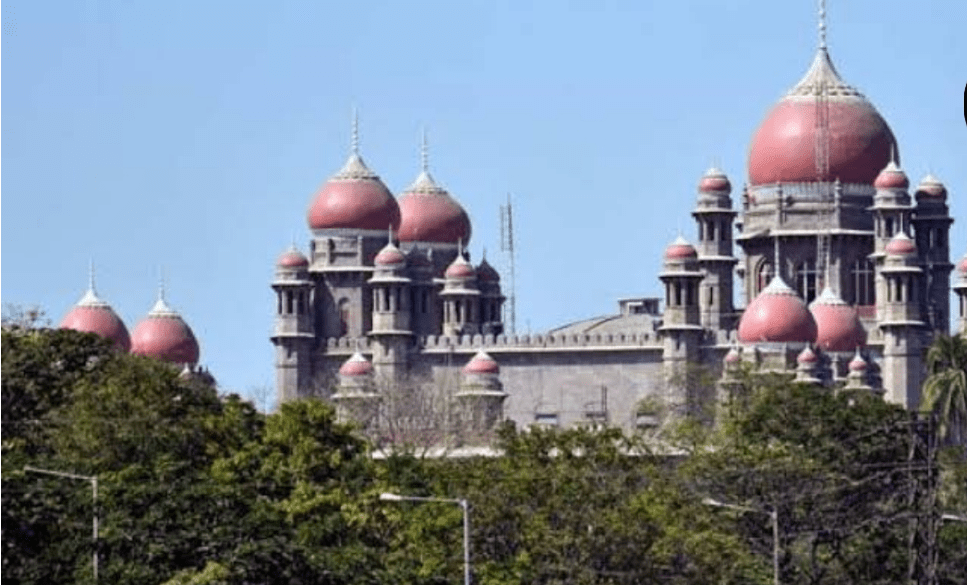The Telangana High Court recently ruled that damaging a spouse’s reputation or hindering their access to social media platforms like Facebook and Instagram can be considered an act of cruelty. This ruling extends the concept of cruelty in marriage to modern-day contexts and highlights the evolving nature of relationships.
The bench, comprising Justice Moushumi Bhattacharya and Justice M.G. Priyadarshini, emphasized that any action that harms the social standing, reputation, or work prospects of a spouse could fall under the legal definition of cruelty. The court even suggested that preventing a spouse from being active on social media could be grounds for cruelty in certain cases.
In this case, the court was ruling on a husband’s appeal for divorce under the Hindu Marriage Act. The couple married in 2010, but their relationship quickly soured. The wife left the marital home in 2011 and subsequently filed five criminal cases against her husband, accusing him of cruelty and dowry harassment under Section 498A of the Indian Penal Code (IPC).
In May 2015, the wife briefly returned to her husband’s home but left after a few days, filing additional criminal cases. The husband was acquitted in several of these cases. When the trial court rejected the husband’s petition for divorce in 2021, stating that the husband had not proved cruelty, he appealed the decision to the Telangana High Court.
The husband’s legal team argued that the wife’s actions, including repeated criminal cases and desertion, amounted to both physical and mental cruelty. They also contended that the wife deserted her husband in 2011, only briefly returning in 2015, and had since filed false cases to harass him.
The wife’s counsel argued that the husband should still be responsible for her financial needs and that a divorce should not be granted without ensuring her maintenance.
After reviewing the case, the High Court ruled that the wife’s continuous filing of criminal cases and desertion amounted to mental cruelty. The court observed that the marriage had broken down irreparably. “Cruelty is just one of the many signs of a collapsing marriage, where the foundation has crumbled beyond repair,” the judges stated. They further explained that the legal concept of cruelty evolves with societal changes and that false cases can be a strong reason for divorce.
The court, therefore, allowed the husband’s appeal and granted the divorce, noting that the marriage could not be saved and that forcing the couple to live together would be unreasonable.
This case highlights how the legal system is adapting to changes in society, where even actions related to social media and modern life can be considered when deciding on matters of divorce and cruelty in marriage.
Case Title:
D. Narsimha Narsimlu vs Smt D Anita Vaishnavi
Be a part our social media community:
Facebook: https://www.facebook.com/IndianMan.in?mibextid=ZbWKwL
Instagram:
https://www.instagram.com/indianman.in?igsh=MWZ2N3N0ZmpwM3l3cw==


